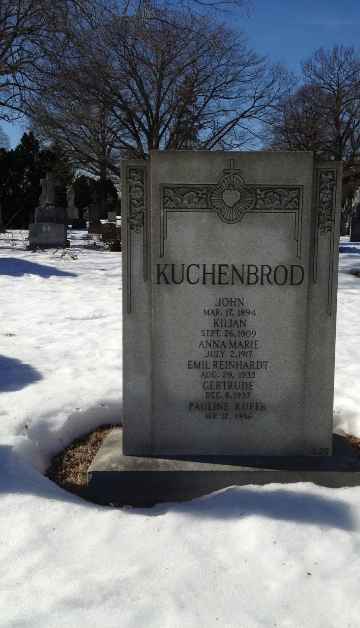Where To Start
People have asked, "But where do I start?". Here are my answers.
- Gather Memories and DNA
This is time critical! Every day, more and more historical documents are being digitized and indexed. But every day, our living repositories of family memories and DNA are being lost forever.
If you ever want to do your family's history, do this now. Interview and get DNA tests for the senior members of your family. - Document Everything!
Write down the full names, including maiden and prior marriage names, of everyone in your family. Get everyone's birth, marriage, and death dates. Get anything and everything that you can. While knowing just the year is better than a decade, knowing the decade is far better than nothing. Include your aunts and uncles. If you can't find your direct ancestors' records, you can often go around the gap by tracing their siblings. - Get Help
- Probably the best single source for help on the internet is the FamilySearch Wiki.
- Find the local Family History Center of The Church of Jesus Christ of Latter-day Saints. and schedule a visit. You don't have to be a member and often the volunteers there are not all members either. But they are all eager to help.
Note that everyone there is a volunteer, so hours vary. Call before you go.
- Organise and Automate
You will be acquiring a LOT of information. Using computers will help you start and stay organized.- Join FamilySearch.org. This is a free web site devoted to Genealogy. There's a wealth of tutorials, guides, and general help in addition to their having a wealth of digitised genealogical information and a tree to store your ancestors AND their documentation. This site is is operated by The Church of Jesus Christ of Latter-day Saints, but you don't have to be a member of that church, and it's free.
Unlike many other genealogy web sites, everyone there shares the same tree. Any information that you add for living people is kept private, everything else is shared. This means your great-grandparents may already be there, all you have to do is connect to them. Be aware that not everyone is as careful as you are, so do not trust anything that is not documented. And if you find something wrong in your branches of the tree, document the error(s) and correct it. - There are other excellent Family Tree sites, but many do require a membership fee. I belong to several, including: I keep my working tree on Ancestry, copy people into FamilySearch when I'm sure I've got them properly placed, and use all of these sites for research. You should do what works for you.
- If you have a computer of your own, find a free genealogy software program. There are quite a few, try a couple and see which fits your style. Most of them offer a enhanced version for a nominal fee.
- If you have DNA test results, load them and your family tree to GEDMatch.com. You'll find cousins. And they'll be the cousins that do Family History research too. And it's also free.
- If you prefer to keep everything on paper, Family Tree Magazine has free forms to help you get and stay organised.
- Join FamilySearch.org. This is a free web site devoted to Genealogy. There's a wealth of tutorials, guides, and general help in addition to their having a wealth of digitised genealogical information and a tree to store your ancestors AND their documentation. This site is is operated by The Church of Jesus Christ of Latter-day Saints, but you don't have to be a member of that church, and it's free.
- People are People
Remember that people can be sloppy in their personal lives. Our ancestors were as well. There will be both saints and sinners in your tree. You will find captains, kings, highwaymen and pirates. Do not start researching your Family History if you cannot handle human imperfection. Expect to shed a tear or two occasionally at the tragedies and sacrifices that were made.
